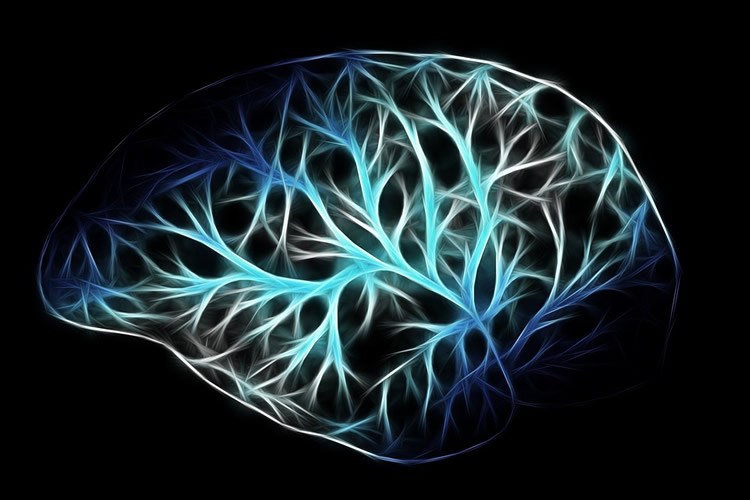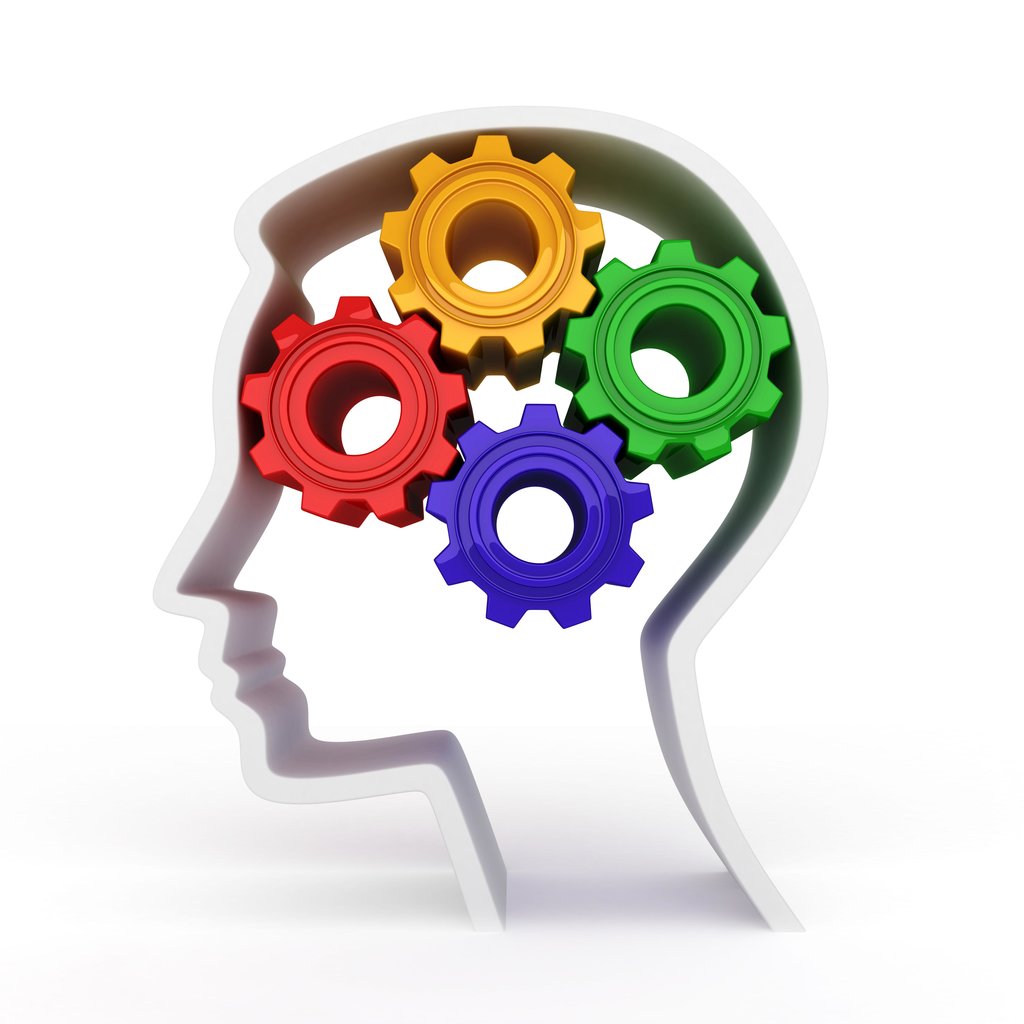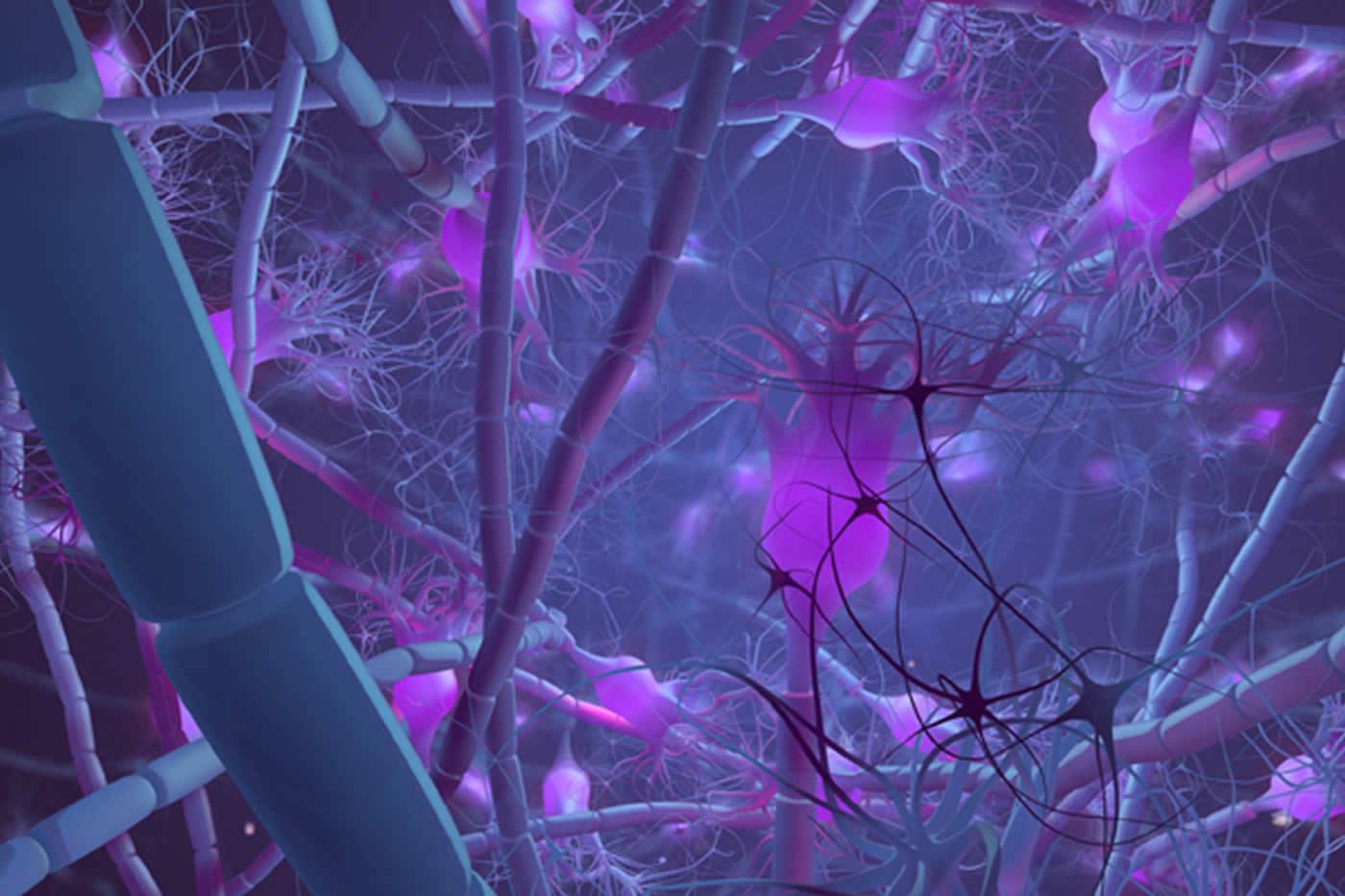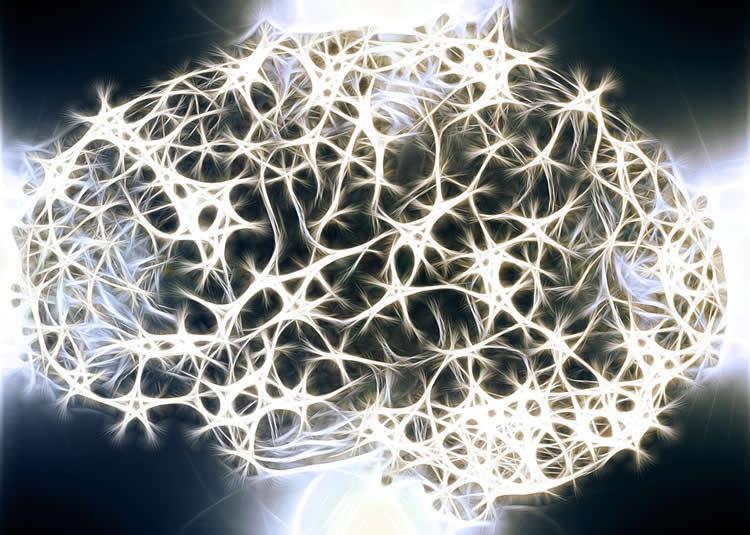Summary: The brain’s ability to use approximate probabilistic inference can not be studied by simple tasks that are not well suited to expose the inferential computations that make the brain special, researchers say. Source: Rice University. The human brain naturally makes its best guess when making a decision, and studying those guesses can be very revealing about the brain’s inner workings. But neuroscientists at Rice University and Baylor College of Medicine said a full understanding of the complexity of the human brain will require new research strategies that better simulate…
Read MoreCategory: Brain
Researchers Discover the Brain is Strobing, Not Constant
According to researchers, perception is cyclical. In a new study, researchers report that, much like visual perception, auditory perception and attention are rhythmic in nature.
Source: University of Sydney.
Read MoreFirst Brain Training Exercise Positively Linked To Dementia Prevention Identified
Aging research specialists have identified, for the first time, a form of mental exercise that can reduce the risk of dementia. The cognitive training, called speed of processing, showed benefits up to 10 years after study participants underwent the mental exercise program, said Frederick W. Unverzagt, PhD, professor of psychiatry at Indiana University School of Medicine. The proportion of participants who underwent the training and later developed dementia was significantly smaller than among those who received no cognitive training, the researchers said. There were measurable benefits even though the amount…
Read MoreMind Flex: Neurons Involved In Memory And Learning
Harvard researchers reveal neurons associated with memory formation may be far more flexible than previously believed. They report their findings point to plasticity in neural networks that help with the integration of new information.
Read MoreBrain Acidity Imbalance in Psychiatric Disorders
Researchers discover imbalanced pH and lactate levels in the brains of mouse models of schizophrenia, ASD and bipolar disorder. They believe the imbalances could reflect an underlying pathophysiology to some psychiatric disorders.
Read More




